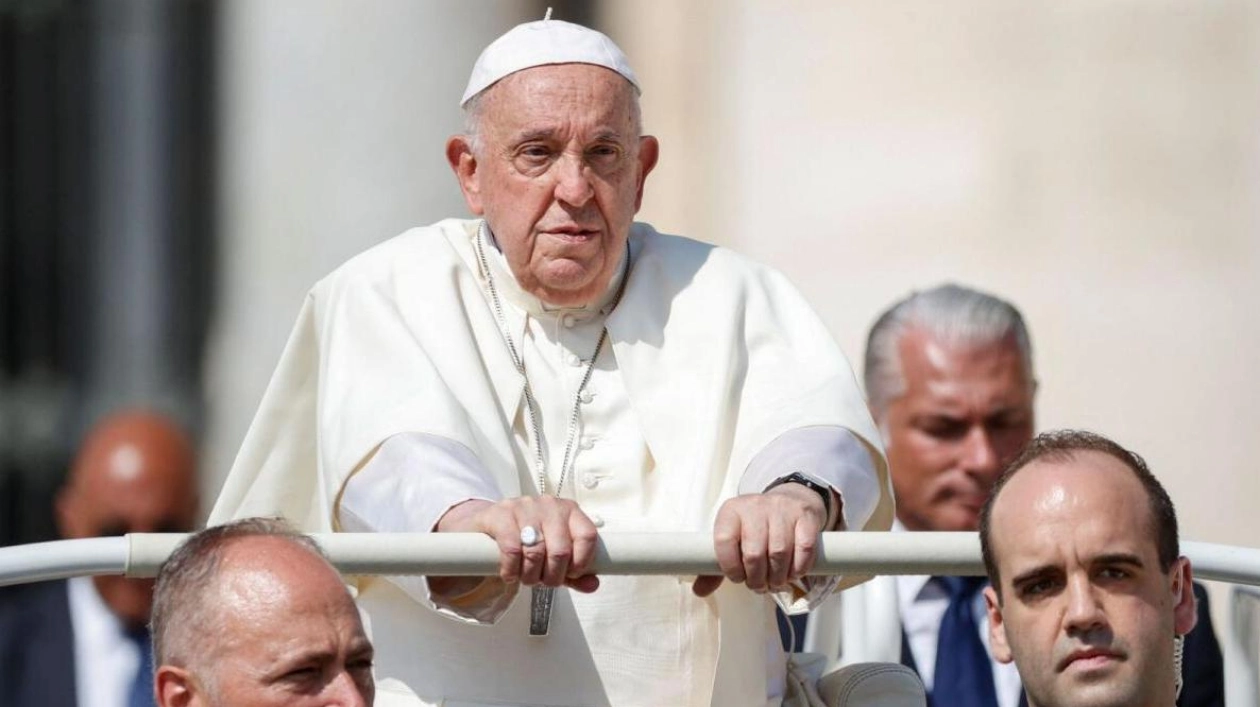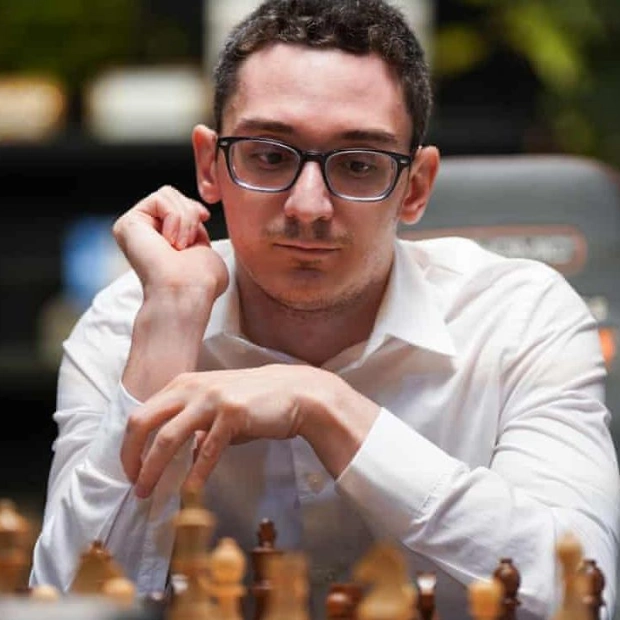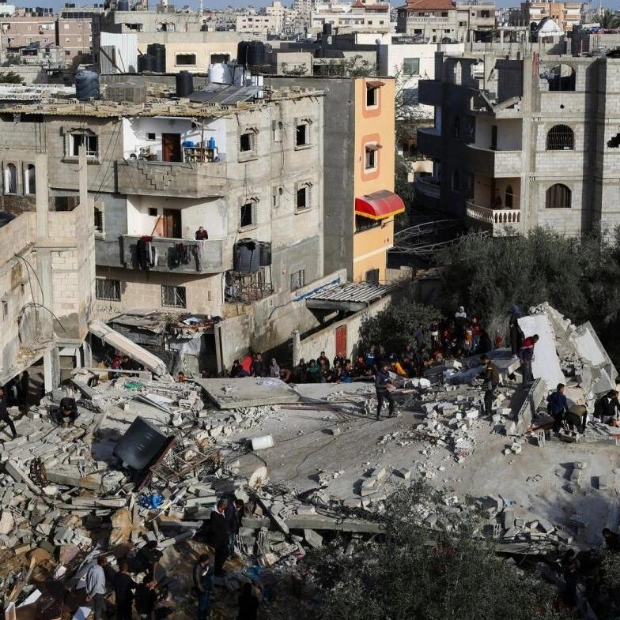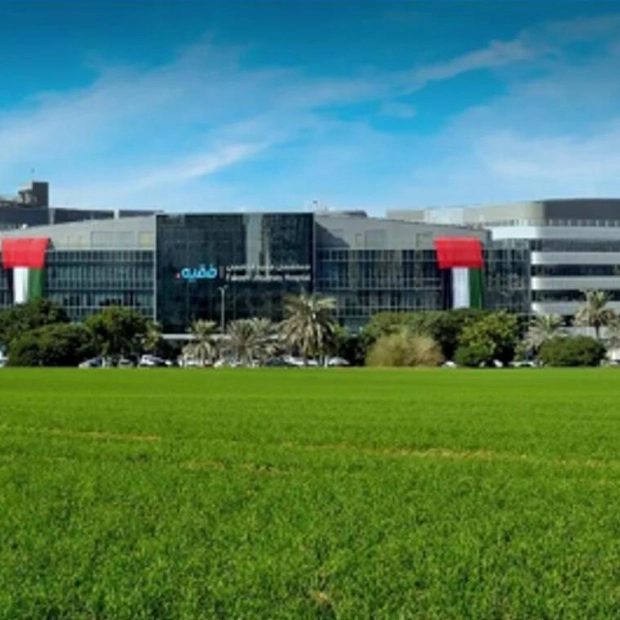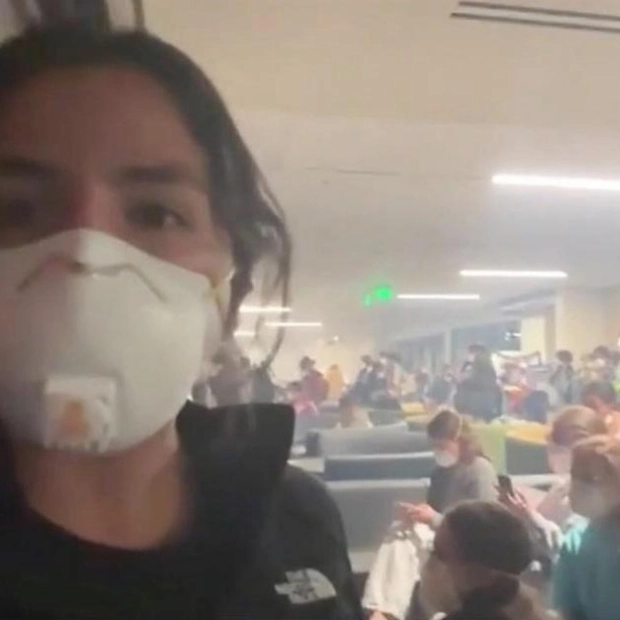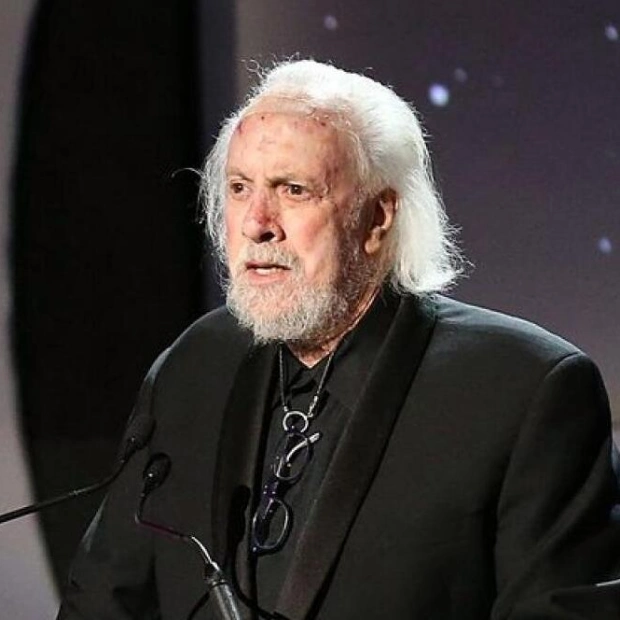Pope Francis embarks on a significant journey to four Southeast Asian island nations on Monday, aiming to galvanize global efforts against climate change. This ambitious trip could challenge the resilience of the 87-year-old leader of the worldwide Catholic Church. Spanning 12 days from September 2-13, Francis will cover nearly 33,000 kilometers, visiting Indonesia, Papua New Guinea, East Timor, and Singapore. This marks the longest trip yet for the pontiff, who now frequently uses a wheelchair due to knee and back issues.
Francis has been a strong advocate for the 2015 Paris climate agreement, and his aides indicate he intends to persist in urging action to address the threats posed by a rapidly warming planet, particularly supporting the most vulnerable. The countries on his itinerary face issues such as rising sea levels and more severe, unpredictable heatwaves and typhoons. Jakarta, the Indonesian capital and starting point of his journey, has faced catastrophic flooding and is gradually sinking, prompting the government to plan a new $32-billion capital on Borneo.
During his trip, Francis is scheduled to participate in over 40 events. Some observers believe that beyond his specific engagements, he aims to demonstrate his continued ability to lead the 1.4-billion-member Church despite his age and health challenges. "It is a show of strength for Pope Francis," remarked Massimo Faggioli, an Italian academic closely following the papacy. Faggioli, a professor at Villanova University in Philadelphia, highlighted that no pope has traveled abroad at such an advanced age. The tour will be Francis' 45th foreign trip since his election in March 2013.
Francis frequently speaks about reaching out to marginalized groups and has prioritized visiting places never before seen by a pope or where Catholics are a minority. "Francis has almost drawn a new map of the Church," said Faggioli. "It's global Catholicism now, a Church that is not just more globally extensive, but truly globalized." Additionally, the agenda includes a renewed emphasis on Catholic-Muslim dialogue, a priority for Francis since he became the first pope to visit the Arabian peninsula in 2019.
In Indonesia, the world's most populous Muslim-majority country, with about 280 million inhabitants and only three percent Catholic, Francis will participate in an interfaith meeting at Jakarta's Istiqlal Mosque, the largest in Southeast Asia. Jeremy Menchik, a political scientist professor at Boston University, noted that Indonesia is experiencing a "golden age" of interfaith dialogue. Francis arrives in Jakarta around midday on Tuesday and departs for Papua New Guinea three days later. He will have no public activities on Tuesday, except for a brief official welcome at the airport, to allow him to rest after a 13-hour night flight.
The pope's choice to focus on Asia is significant, as he will meet with political authorities, diplomats, and local Catholics in each of the four countries, and lead outdoor celebrations of the Catholic Mass. Catholic officials view Asia as a promising region for expanding the faith, which has seen declines in Western countries. Shihoko Goto, director of the Indo-Pacific Programme at the Wilson Centre, highlighted the strategic importance of Asia for the Church, despite Francis' health concerns. The Vatican reports that Papua New Guinea, with an official population of about nine million, has around 2.5 million Catholics. East Timor, with a population of 1.3 million, is nearly 96 percent Catholic, while Singapore has about 210,000 Catholics among its 5.92 million people.
